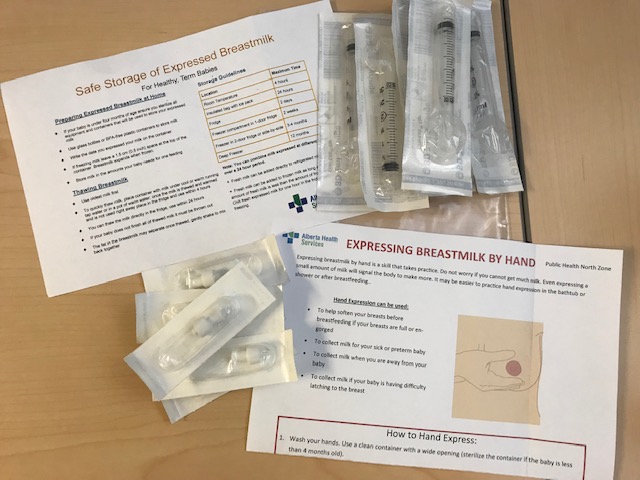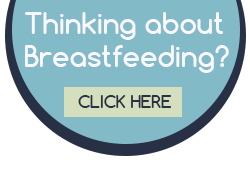Colostrum Collection While Pregnant
Colostrum is the early form of breastmilk that pregnant individuals start making around the 20th week of pregnancy. This is the first milk baby will receive after birth until milk transitions around day 3 following delivery.
Colostrum is the ideal food for baby as it is designed just for them – it is easy to digest and gives baby all the nutrition they need in those first few days. Colostrum has a higher amount of protein than mature milk and many of these proteins play a role in making your baby’s immune system stronger. Although colostrum is not produced in large amounts, it is high in energy. Colostrum also acts as a laxative to help meconium (baby’s first stool) pass and can help to prevent jaundice (yellowing of skin caused by a buildup of bilirubin in the blood).
Collecting colostrum prior to delivery can allow you to have some stored milk available should your baby require it after delivery, for example, if you or baby encountered any birth complications that prevents baby to be able to be fed at the breast following birth. Collecting colostrum also allows you to practice the skill of hand expression prior to delivery.
To find out if colostrum collection is right for you, it is recommended that you speak with your healthcare provider. It is often not recommended to begin colostrum collection until you’re at least 37 weeks pregnant.
Public Health has colostrum collection kits available for free. Drop-in to speak with a public health nurse Monday to Friday from 8:30-4pm.





